‘Poppy Field’ Director Eugen Jebeleanu: “There are no rights for LGBT people” In Romania
"Poppy Field" director Eugen Jebeleanu made the tense drama about a closeted gay cop as a manifesto for LGBTQ rights.

One of the finest queer indies of the past few years — and certainly one of the most impressive feature directing debuts — Poppy Field finally has made its way to virtual cinemas everywhere, available on VOD and digital.
The Romanian drama, directed by Eugen Jebeleanu, earned, among other accolades, a Torino Film Festival Best Actor prize for star Conrad Mericoffer for his dynamic performance as closeted gay gendarmerie officer Christi, who lashes out with homophobic violence in order to protect his secret life.
Christi’s angry outburst places him at the center of the storm inside a film theater where he and his fellow officers are trying to keep the peace after the screening of a lesbian film is loudly interrupted by a group of anti-LGBTQ protesters.
The events of the film were inspired by a real-life 2013 incident in the capital, Bucharest, where anti-LGBTQ protesters shut down a showing of The Kids Are All Right.
“I was not in Bucharest at the time. I was in Paris and was working there,” Jebeleanu recalls. “But I was, of course, shocked, and I wanted to do something on it one day, because I found that I have to have an answer. I have to react to all this.”
He had a kindred spirit in screenwriter Ioana Moraru, who also felt compelled to address the ongoing fight for LGBTQ rights in Romania, as well as the fundamentalist movement standing in the way of progress.
“She and the producer called me,” says Jebeleanu. “It was like an invitation for me to direct this film, I guess because of what I was doing in theater, and my work centered on these LGBT subjects. I said yes, from the first time, because I found [this story] necessary politically.”
Chatting over a break in rehearsals for his upcoming production of Chekhov’s The Seagull at the National Theater in Bucharest, Jebeleanu describes the state of gay rights in Romania as dire.
“There are no rights for LGBT people,” says the director, who despite a culture of hostile homophobia, has been out “since I don’t know when.”
Jebeleanu considers Poppy Field “a natural way of making my art, to find it necessary to tell this story and to fight for LGBT rights in society. It’s…an artistic manifesto, but also a social one, because it’s something that’s important for telling, saying, fighting in Romania nowadays.
“I think it’s one of the first films that brings in the center of the story this character that is gay, and it’s symptomatic for a lot of people here to live with this secret and with this double identity, and all these fears and all this internal homophobia.”
As the film depicts, Christi has a long-distance lover, Hadi (Radouan Leflahi), visiting for the weekend, but rigidly avoids sharing that side of his life with even his closest friends in his police unit. “The idea,” explains Jebleanu, “is that still I see around me, and a lot of friends, that are living their sexuality in secret, because of all the pressure of the family, of their friends, of their community, of working colleagues.
“That’s why I said, I think it’s symptomatic for a lot of people here in Romania, because, unfortunately, there’s still a lot of lack of education, and we don’t speak about what homosexuality is. We don’t have debates on these topics. We find a lot of pressure and discrimination and abuse.
“What I wanted to say with this character, and with this story, is that the worst is this idea that Christi becomes violent, that he is also finally somehow influenced by this homophobic society, and he’s become a homophobic person. I think it’s the worst thing that can happen, and it’s a lot of culpability. That makes him so lost and afraid of what can happen for his work, for his relationships with others. He’s just in a moment of complete anxiety, a tempest. I think there’s still work to do here in Romania.”
Poppy Field is available for streaming via AppleTV, iTunes, and Amazon. To read our Reel Affirmations review of Poppy Field, click here.
Support Metro Weekly’s Journalism
These are challenging times for news organizations. And yet it’s crucial we stay active and provide vital resources and information to both our local readers and the world. So won’t you please take a moment and consider supporting Metro Weekly with a membership? For as little as $5 a month, you can help ensure Metro Weekly magazine and MetroWeekly.com remain free, viable resources as we provide the best, most diverse, culturally-resonant LGBTQ coverage in both the D.C. region and around the world. Memberships come with exclusive perks and discounts, your own personal digital delivery of each week’s magazine (and an archive), access to our Member's Lounge when it launches this fall, and exclusive members-only items like Metro Weekly Membership Mugs and Tote Bags! Check out all our membership levels here and please join us today!








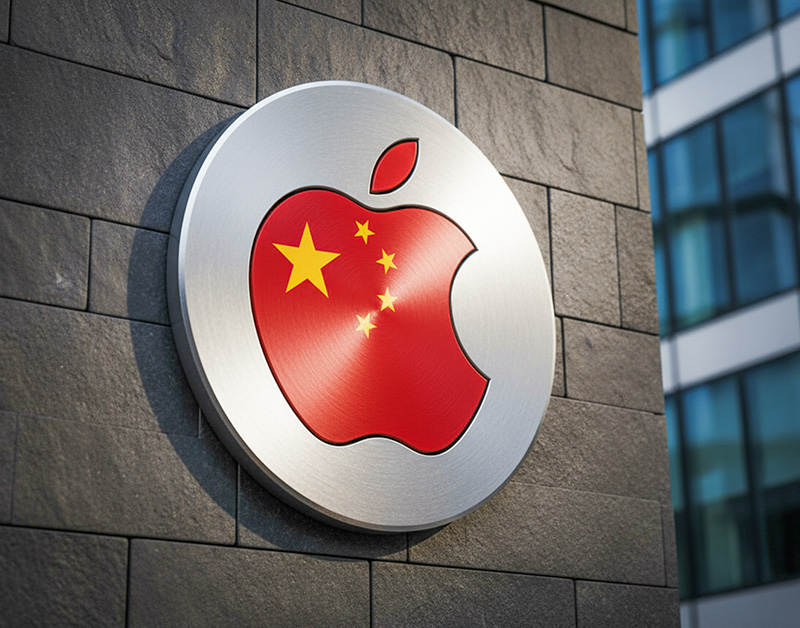
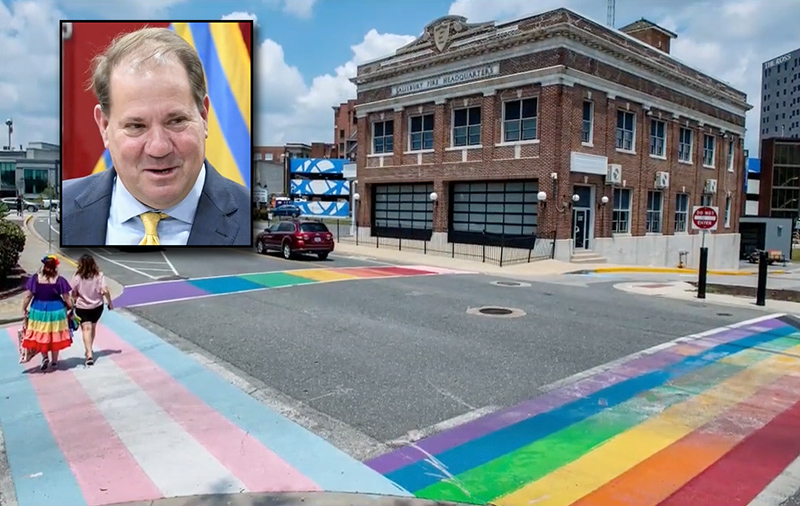















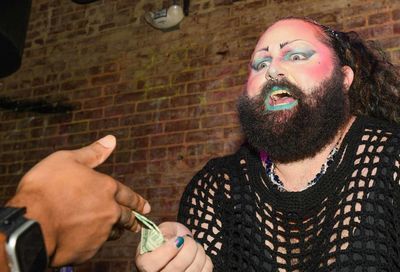
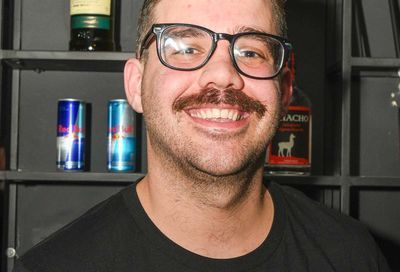
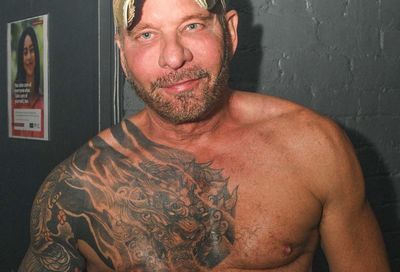
You must be logged in to post a comment.